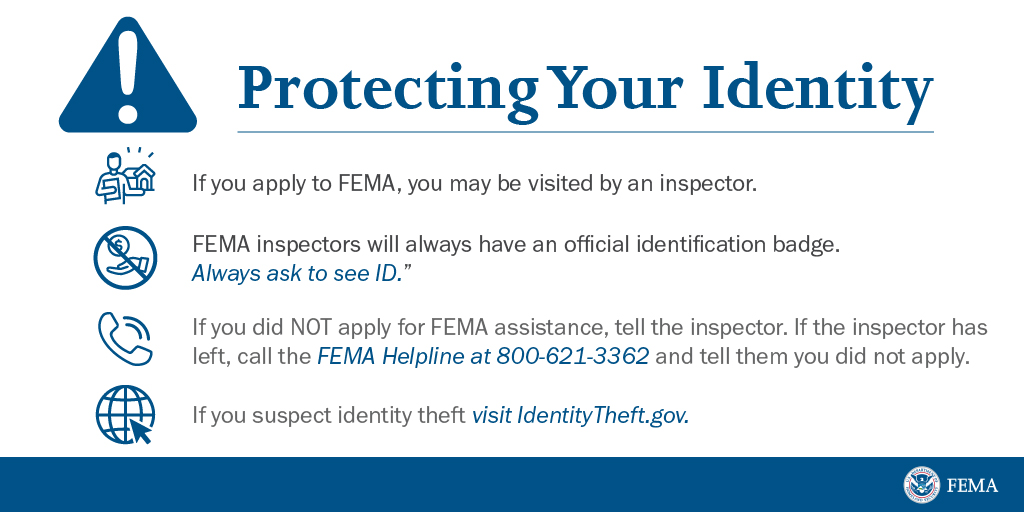Rumor: FEMA told me to apply for an SBA loan, I don’t want a loan, and I don’t own a business.
Fact:
Applicants who apply for FEMA disaster assistance and are referred to the SBA and do not complete a U.S. Small Business Administration disaster loan application could be missing a good opportunity. The SBA offers affordable financial help to homeowners and renters. You don't need to own a business to request assistance.
An SBA low-interest disaster loan may cover some or all of the difference between your recovery costs, the insurance settlement, and the FEMA grant amount.
- SBA offers low-interest disaster loans for homeowners up to the $200,000 statutory maximum to repair or replace your primary residence. The loans are customized to your personal financial circumstances. On a case-by-case basis, the SBA may be able to assist with refinancing your current mortgage(s).
- SBA can also help renters and homeowners replace household contents and vehicles, referred to as personal property. You may be able to borrow up to the $40,000 statutory maximum to repair or replace clothing, furniture, cars, or appliances that were damaged or destroyed in the disaster.
You can contact an SBA customer service representative via email at disastercustomerservice@sba.govor by phone at 800-659-2955. SBA will answer specific questions about how a disaster loan may help each survivor with their disaster recovery and will provide one-on-one assistance in completing applications for these loans. You can apply online at https://disasterloanassistance.sba.gov.


